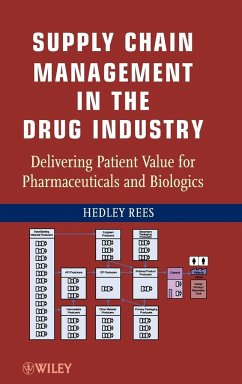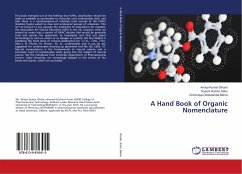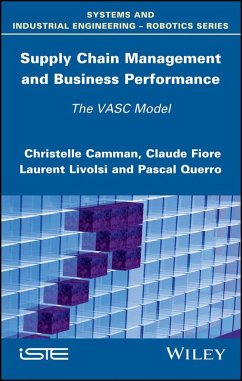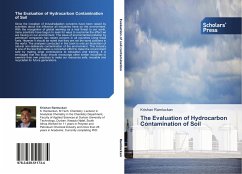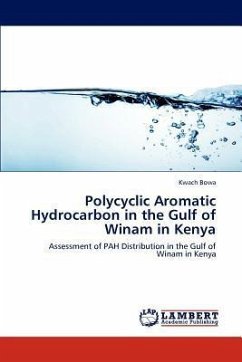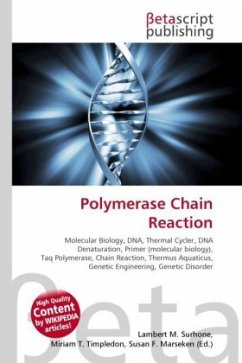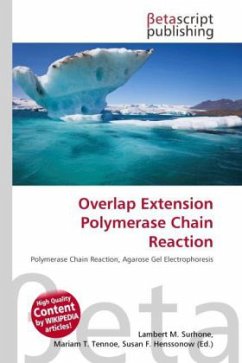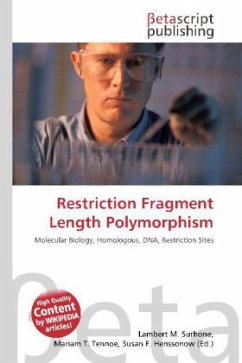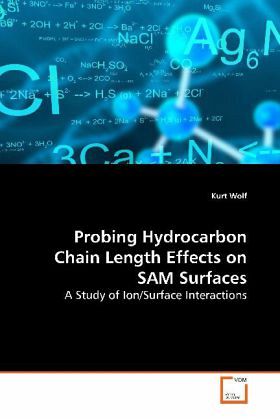
Probing Hydrocarbon Chain Length Effects on SAM Surfaces
A Study of Ion/Surface Interactions
Versandkostenfrei!
Versandfertig in 6-10 Tagen
39,99 €
inkl. MwSt.

PAYBACK Punkte
20 °P sammeln!
Low and high energy ion/surface scattering techniques are used to investigate chain length effects for self-assembled monolayer (SAM) surfaces consisting of n-alkanethiol molecules on gold substrates. The focus of this work was to probe the structure, packing, and stability of the SAM surfaces using ion/surface interactions. Mechanisms are investigated for low and high energy ion/surface collisions, providing a more complete understanding of mass spectrometry techniques such as tandem mass spectrometry and secondary ion mass spectrometry. The low energy reactive collisions of two independent p...
Low and high energy ion/surface scattering
techniques are used to investigate chain length
effects for self-assembled monolayer (SAM) surfaces
consisting of n-alkanethiol molecules on gold
substrates. The focus of this work was to probe the
structure, packing, and stability of the SAM
surfaces using ion/surface interactions. Mechanisms
are investigated for low and high energy ion/surface
collisions, providing a more complete understanding
of mass spectrometry techniques such as tandem mass
spectrometry and secondary ion mass spectrometry.
The low energy reactive collisions of two
independent probe ions illustrate an odd-even
hydrocarbon chain length effect for a wide range of
hydrocarbon SAM surfaces. Variations in coverage,
extent of oxidation, and high mass cluster formation
as a function of hydrocarbon chain length of the
alkanethiol SAM surfaces were investigated using
high energy ion/surface collisions. This book
should assist people interested in ion/surface
interactions utilizing mass spectrometry and will
further assist students and professionals focusing
on materials science and surface chemistry.
techniques are used to investigate chain length
effects for self-assembled monolayer (SAM) surfaces
consisting of n-alkanethiol molecules on gold
substrates. The focus of this work was to probe the
structure, packing, and stability of the SAM
surfaces using ion/surface interactions. Mechanisms
are investigated for low and high energy ion/surface
collisions, providing a more complete understanding
of mass spectrometry techniques such as tandem mass
spectrometry and secondary ion mass spectrometry.
The low energy reactive collisions of two
independent probe ions illustrate an odd-even
hydrocarbon chain length effect for a wide range of
hydrocarbon SAM surfaces. Variations in coverage,
extent of oxidation, and high mass cluster formation
as a function of hydrocarbon chain length of the
alkanethiol SAM surfaces were investigated using
high energy ion/surface collisions. This book
should assist people interested in ion/surface
interactions utilizing mass spectrometry and will
further assist students and professionals focusing
on materials science and surface chemistry.



